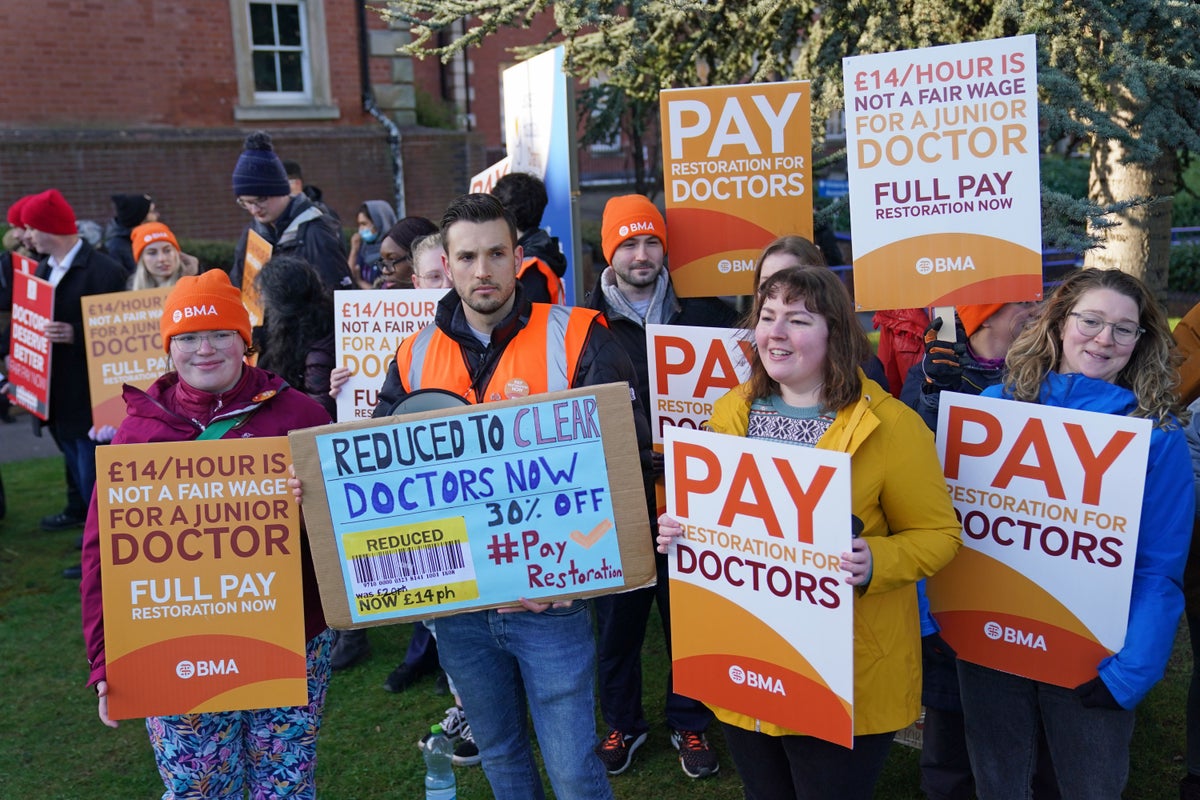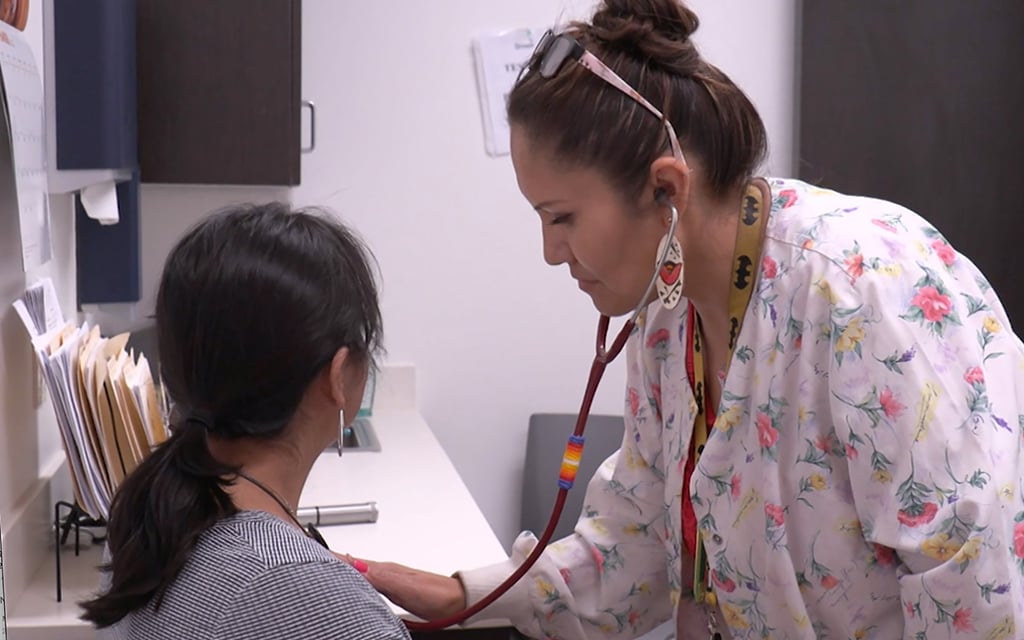Junior doctors across Wales are embarking on a three-day walkout, commencing at 7 am on Monday and lasting until 7 am on Thursday, in protest of what they claim to be a significant erosion of their pay. With over 3,000 doctors expected to participate, the strike comes at a critical time, amplifying concerns expressed by the Welsh Government and health leaders about the existing pressures on health services.

Pressures on Health Services Amid Strike
The Welsh NHS Confederation highlights the challenging context surrounding the strike, emphasizing that it unfolds during one of the most pressurized weeks of the year. Recent winter pressures have compounded the strain on health services, leading to inevitable concerns about the strike’s impact on delivering urgent, life-threatening care.
The doctors’ trade union, BMA Cymru Wales, frames the strike as part of a broader campaign for pay restoration, citing a 29.6% real-terms pay cut since 2008/9. Exploring the union’s perspective, co-chairs Dr. Oba Babs-Osibodu and Dr. Peter Fahey express frustration and demoralization, asserting that junior doctors have no choice but to stand up against undervaluation and pay cuts.
The union emphasizes that their request is not for a pay rise but to restore pay levels to 2008 standards, aligning with inflation. Junior doctors argue that fair and competitive pay is crucial for retaining and recruiting healthcare professionals, addressing worsening conditions, and preventing the departure of doctors from Wales in pursuit of better opportunities elsewhere.
READ ALSO: Impact of Outdoor Conditions During Pregnancy: Research Reveals Link to Child’s Blood Pressure
Government Response and Funding Challenges
Health Minister Eluned Morgan acknowledges the disappointment regarding the industrial action and highlights the financial constraints faced by the Welsh Government. She contends that pay restoration for junior doctors in Wales is contingent on a significant increase in funding from the UK Government, expressing ongoing efforts to secure the necessary funding for full and fair pay rises for public sector workers.
Welsh NHS Confederation Director Darren Hughes expresses concern over the strike’s timing during a highly pressured week. Acknowledging the impact on patients and colleagues, he underscores the importance of mitigating risks. He outlines significant contingency planning undertaken by NHS staff and managers to navigate the challenges posed by the industrial action.



